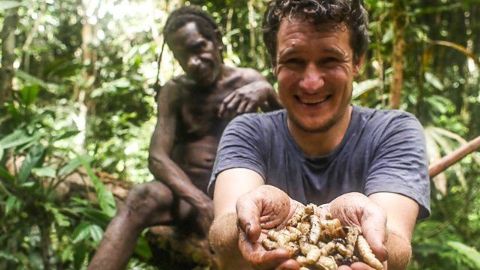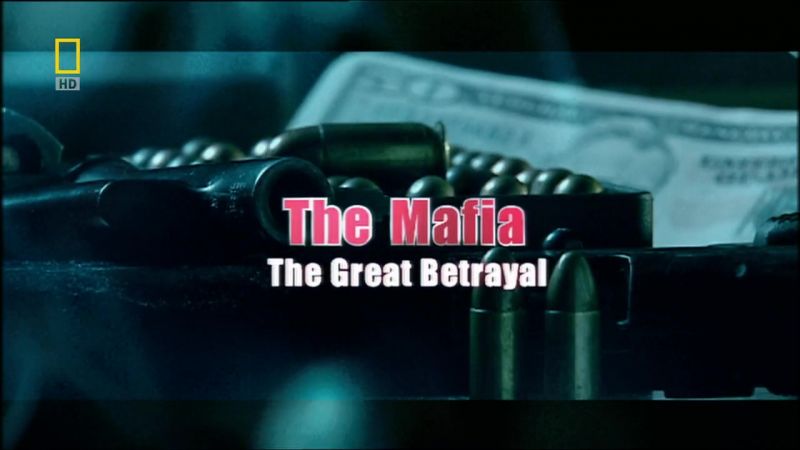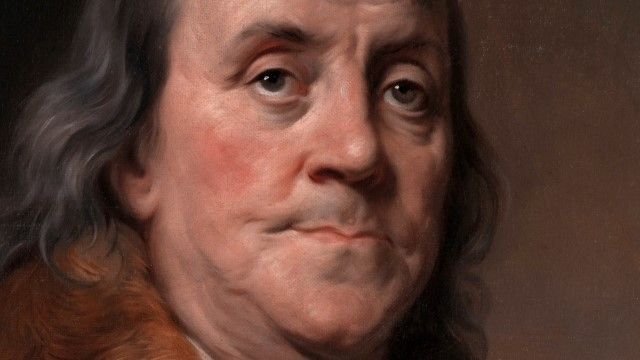Homo Sovieticus • 2021
Thirty years after the collapse of the USSR, the martial rhetoric and other trappings of the "strong men" of the totalitarian era are making a comeback. Why? The film's director Ivo Briedis and the journalist Rita Rudusa were both born in the Soviet Union. Together, they embark on a journey to explore the phenomenon of HOMO SOVIETICUS. They want to know if a totalitarian mindset can still be found in countries that were formerly part of the Soviet Union. The thinker Alexander Zinoviev defined as Homo Sovieticus as a person who is, at their core, an opportunist. They do not rebel against their leadership, and want to take as little individual responsibility as possible. Did these characteristics develop specifically as a result of growing up in the Soviet Union, or can they develop in any society? To find out, they speak with people who lived under the Soviet regime, as well as with members of the first post-Soviet generation.
Make a donation
Buy a brother a hot coffee? Or a cold beer?
Hope you're finding these documentaries fascinating and eye-opening. It's just me, working hard behind the scenes to bring you this enriching content.
Running and maintaining a website like this takes time and resources. That's why I'm reaching out to you. If you appreciate what I do and would like to support my efforts, would you consider "buying me a coffee"?
Donation addresses
BTC: bc1q8ldskxh4x9qnddhcrgcun8rtvddeldm2a07r2v
ETH: 0x5CCAAA1afc5c5D814129d99277dDb5A979672116
With your donation through , you can show your appreciation and help me keep this project going. Every contribution, no matter how small, makes a significant impact. It goes directly towards covering server costs.





